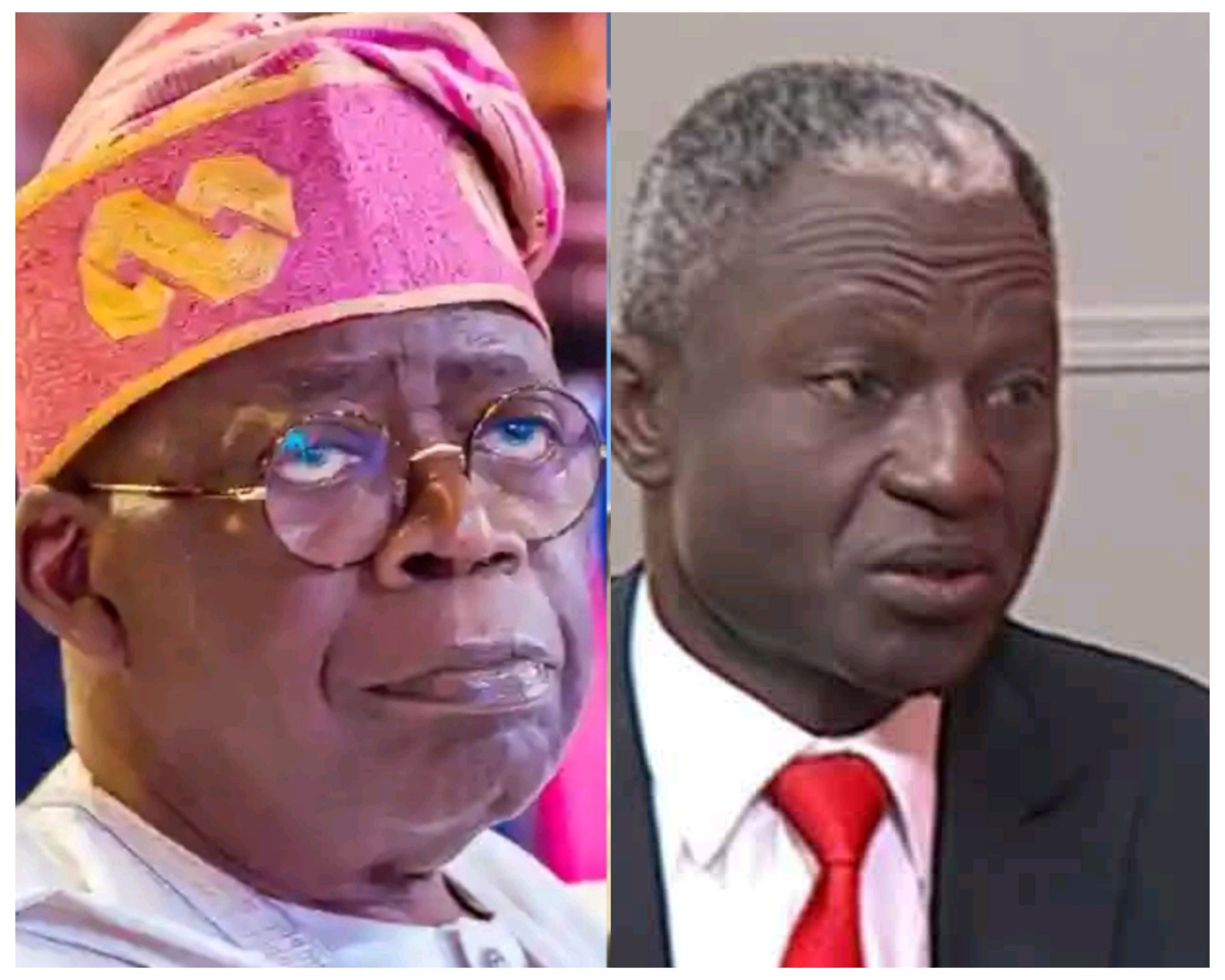Renowned petroleum engineer and oil and gas analyst, Dr. Bala Zakka, has expressed serious concerns about the state of Nigeria’s refineries and the handling of the fuel subsidy removal. He questioned the continued failure of state-owned refineries despite massive investments spanning decades.
Zakka said that even before recent revelations about the performance of refineries, he had doubts about claims that they were functional. According to him, even respected professionals in the industry had been misled.
He criticized the notion that refining crude oil is too complex for Nigeria, comparing it to advanced medical procedures like kidney transplants and heart surgery, which he noted are far more technical. For him, refining technology has remained largely unchanged for decades and should not be an obstacle.
The expert called out the inconsistency of having functional state-owned refineries in countries like Saudi Arabia, Malaysia, and Qatar, while Nigeria continues to struggle. He questioned why, despite being an OPEC member, Nigeria has failed where others have succeeded.
He argued that the failure was not just on government leaders, but also on those entrusted with managing the sector. According to Zakka, many of these individuals have not been honest in their responsibilities, making it difficult for progress to happen.
He went further to challenge the logic behind relying on fuel importation, likening it to farming cassava but depending on outsiders for garri. He stressed that Nigeria should be producing and refining its own products.
Dr. Zakka also revisited the removal of fuel subsidy, maintaining a firm stance against it. In his words, “I disagree with subsidy removal, I pleaded on TV a week before his inauguration, begging him not to remove subsidy.” He argued that subsidy is a globally accepted economic strategy, and if it failed in Nigeria, it was due to mismanagement rather than the concept itself.
He concluded by warning against the wrong economic comparisons being made and noted that current hardship levels prove that many policies have not delivered positive results. Dr. Zakka expressed hope that going forward, leaders would seek genuine advice and learn from past mistakes to ensure energy sufficiency and economic stability.
Love Reading Authentic News Stories, Click The Button Below

